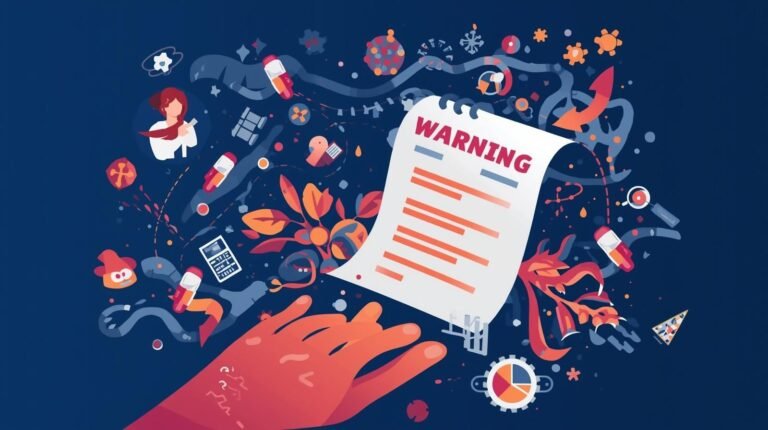The pharmaceutical industry is experiencing its biggest technological transformation since the invention of mass production. With AI applications potentially creating $350-410 billion in annual value by 2025, we’re witnessing a revolution that will reshape how medicines are discovered, manufactured, and delivered.
Imagine walking into a pharmaceutical facility where robots precisely handle dangerous compounds, AI systems predict quality issues before they occur, and drugs are manufactured continuously rather than in batches. The industry stands at a technological crossroads that will fundamentally reshape how life-saving medications reach patients. From autonomous laboratories to predictive analytics, the next five years promise innovations that will revolutionize efficiency, safety, and drug accessibility across the global pharmaceutical landscape.
🚀 Pharmaceutical Manufacturing & Laboratory Technologies
The Future is Now: 2025-2030 Innovation Timeline
For Tailor Made suggestions click Below:



